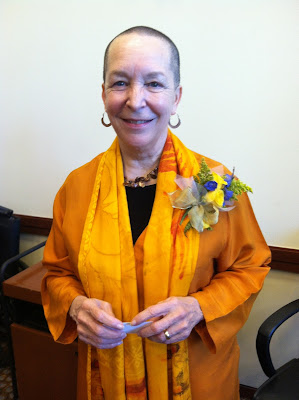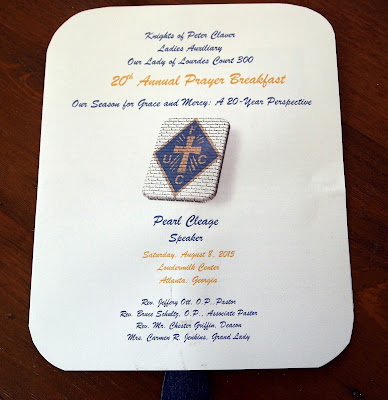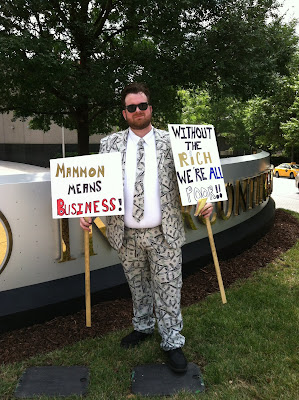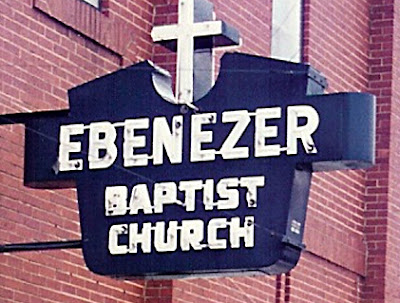 |
| I was a 24 year old TV journalist (like Alison Parker) working with KET's Leonard Press. |
"My heart is broken, and my soul has been crushed."
---Andy Parker, father of slain journalist Alison Parker
Here's my perspective in response to the tragic murders of two TV personalities by another TV personality.
I
once was a black female TV journalist. After graduating from Indiana
University with a degree in Telecommunications (Radio and Television)
at age 21, I became an associate producer at Kentucky Educational
Television in Lexington, Ky. Although I completed my education at a Big
Ten university, I was placed in a two-year training program at KET, and half
my $7,700 yearly salary was paid for by the Corporation for Public
Broadcasting for those two years.
At age 24, I
wrote a proposal and began producing a speech series, interviewing Maya Angelou, Julian
Bond, Jesse Jackson, Louis Gossett, Jr., Haki Madhubuti, Alice Walker, Toni Cade Bambara, and other high profile African
Americans as well as reporting on a statewide magazine-formatted television show. I also was instrumental in
getting more blacks hired at our station where I was only one of three
black television professionals.
Things
started turning sour when my reporting on Corbin, Ky. , formerly a
"sundown town," got some negative calls from the town's Chamber of
Commerce. My story was updating the events of a 1919 incident which
resulted in 99% of the black residents being shipped out of Corbin.
Little did I realize that my investigative reporting collided with town
leaders who didn't want negative pr affecting a newly approved
industrial park. My story was heavily edited.
 |
| I traveled often and met with other black and female TV producers from around the country. |
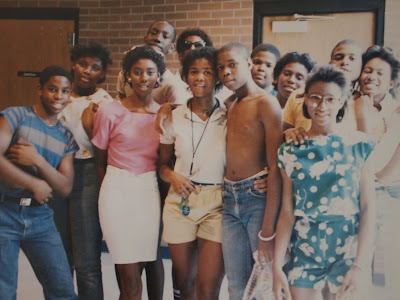 |
| I was told my part-time teaching job was a conflict of interest. My students were Upward Bound and college-level Communications students. |
When I was offered a job in corporate
America, I took it, and listening to the advice of my friend who was in
human resources, I filed a complaint against my former employer for past
discrimination. I felt that I had been wronged and had to do something
about it through the system to send a message. I tried to hire an attorney first before
filing the complaint. A Louisville attorney told me, "I have no doubt
that you were discriminated against, but I charge $5,000 to open your
file." At the time, my salary was only $14,000 a year, and I had very
little savings to fight state government in court. I was also informed that it is
almost impossible to sue a state agency and win.
"As a result of the overwhelming media focus on crime,
drug use, gang violence, and other forms of anti-social behavior among
African-Americans, the media have fostered a distorted and pernicious
public perception of African-Americans."
---Ronald L. Taylor
I gave a $100 retainer to a black attorney, Shirley Cunningham, who was later convicted in a major fraud case spotlighted on the TV show "American Greed." Cunningham, who now resides in a federal prison, didn't even show up for the hearing and didn't return my $100. Of course, I was told by the EEOC my complaint had no merit.
I never
worked in television again after that, and have always had low paying
jobs. Perhaps what hurt even more, however, was my old
college professor telling me,"You had such promise... What happened to
you?" Perhaps complaining about how I was treated in television led to
me being blackballed in a profession that I loved.
"The societal and economic factors of racism have become
more than just a bias. They are also a profitable industry, in which
the elite will continue to suppress the lower class in order to maximize
profits."
---Stephen Balkaran
My mother is probably turning over in her grave because as a single mother (my father died when I was 16 and she was 39), she paid out- of-state fees for me to matriculate to a prestigious university. Graduating #3 in my high school class, I had also been accepted at Smith and Spelman but chose IU. My Mother never took a dime in financial assistance to pay for my college education. For spending money, I worked at the college television station, WTIU.
Although I'm saddened by what happened to those two journalists that were killed in Virginia, I also am saddened by thousands of good journalists, especially black journalists, who are not successful in media which is an elite profession closed to many. Recently, the profession is turning from journalism into entertainment and increasingly competing with social media and YouTube posts.
Could things have turned out differently for me? Yes.
Am I angry about my short-lived TV career? Maybe, but it was not meant to be.
Did it ever cross my mind to kill somebody over my circumstances or perceived slights? Never.
"In
the event you willfully and deliberately put to death any Racist (s),
and/or and suspected Racist (s), you should then eliminate yourself
before being forced to commit any act of violence and/or bodily harm
against any people who are not Racist(s) or suspected Racist(s), but who
are directly or indirectly sent by Racists to maim, kill, or put you in
greater confinement."
---Neely Fuller, Jr.
Sharing my story isn't easy, but all truth comes to light. Going forward, we must discuss why anger is leading to increasing violence all over the globe and murder is being played out "live" before our eyes. With cameras everywhere, we are playing deadly games of reality, and our children are watching.
"We're communicators, and we can't be silent...share."
---Chris Hurst, partner of Alison Parker
If I was on local or national television today, I would be asking these questions:
- What is the racial makeup of the staff at WDBJ7 and the other station where the murderer previously worked?
- Were mentors available for Williams to talk to about his problems?
- How many EEOC complaints have been filed against TV news stations, and what were the outcomes? If placed on an employment improvement plan, how many people improve or are retained, especially in "Right to Work" states?
- Once you're on a downward spiral at a station, how do you improve or change the situation? How many employees are blackballed and their careers ruined after filing discrimination complaints?
- What did Alison Parker say to Bryce Williams that made him want to kill her, or was he just a mentally ill person that needed an excuse to blow up?
- What do black journalists think about this story, and how are black journalists advised to navigate in a predominately white workplace where racism may be rampant?
- Should blacks not choose mass communications as a career option?
- Lester
Holt and Tavis Smiley (who attended IU but didn't graduate) can be considered successful media types...how do
their work experiences compare with those of Williams? How do they
navigate being journalists in a racist environment?














